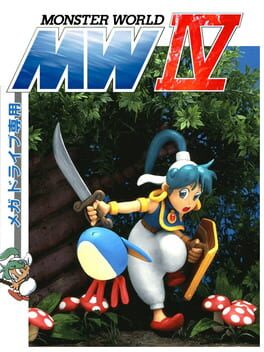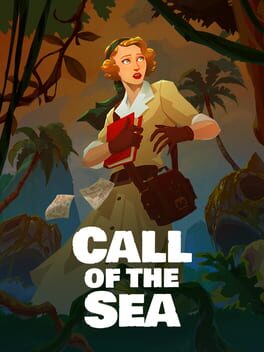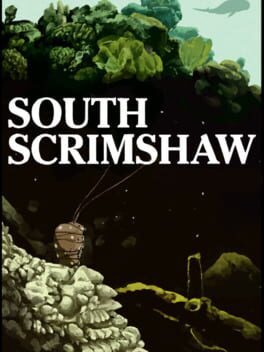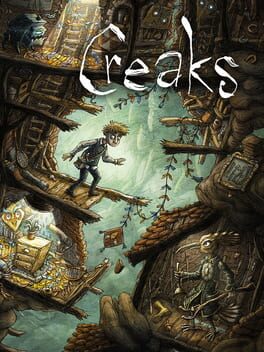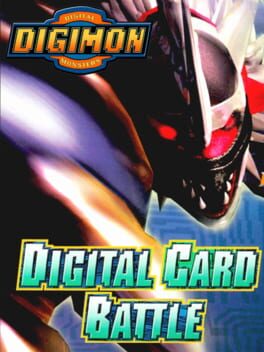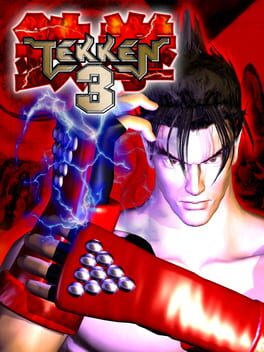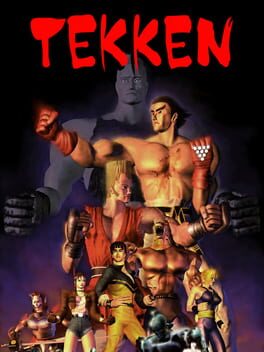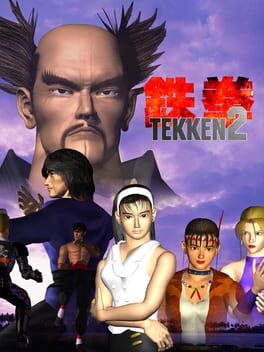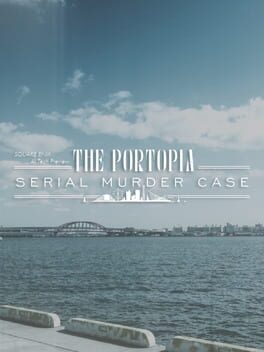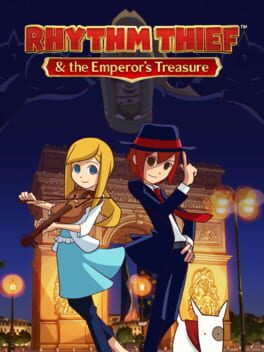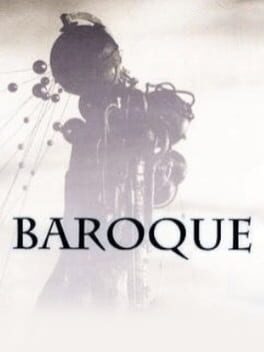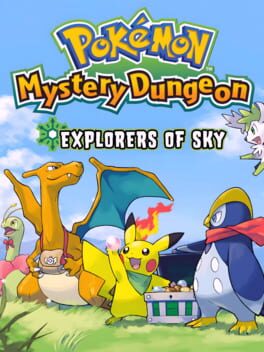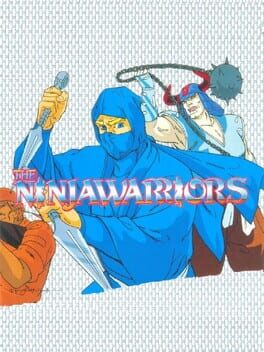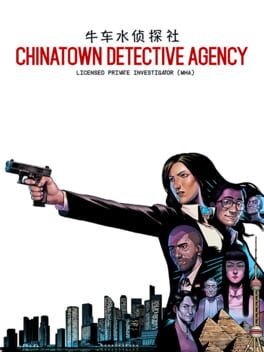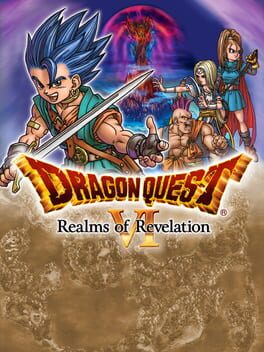sonicyewth
1994
One of the first games I've ever played was Wonder Boy in Monster World, but for some reason it took me ~2 decades to play its follow-up and the rest of the series.
This is a very charming game, there are many little animation quirks that add personality to Asha and her Pepelogoo and make her more interesting than previous playable characters in the series, and the art and soundtrack are both amazing.
But the gameplay becomes increasingly frustrating as it goes along, with levels that are severely too long, and later enemies with movesets that prove to be infuriating for Asha and her very short sword. It also returns to the level-based structure from the first games unlike the open map in Wonder Boy V where you can always return to places you visited, and do new things in them with new tools (what you'd call now a ~metroidvania~), which was a shame.
This is a very charming game, there are many little animation quirks that add personality to Asha and her Pepelogoo and make her more interesting than previous playable characters in the series, and the art and soundtrack are both amazing.
But the gameplay becomes increasingly frustrating as it goes along, with levels that are severely too long, and later enemies with movesets that prove to be infuriating for Asha and her very short sword. It also returns to the level-based structure from the first games unlike the open map in Wonder Boy V where you can always return to places you visited, and do new things in them with new tools (what you'd call now a ~metroidvania~), which was a shame.
2020
A game where white people are continously confounded that "primitive" polynesians have a knowledge of architecture and engineering more advanced than theirs, because the protagonist read one book about them and thinks she knows them well enough. It's a fun adventure game with simple puzzles, but that thought never left my mind as I played it since the game would never stop pointing that out.
2023
2020
Another solid game from Amanita Design. The puzzles here felt harder than the usual for them, but I'm aware I'm not great at puzzles about handling many variables by moving in, effectively, a grid, like Sokoban and so, so it could just be that.
The middle third of the game is also composed of repetitive and context-less puzzle rooms, where you play with mostly the same mechanics without a narrative incentive to keep doing it, which made that portion of the game considerably slower to get through than the beginning or the ending, which was delightful.
The middle third of the game is also composed of repetitive and context-less puzzle rooms, where you play with mostly the same mechanics without a narrative incentive to keep doing it, which made that portion of the game considerably slower to get through than the beginning or the ending, which was delightful.
It was wild to see how much of Digimon World 3's essence comes from this game; not just the proper card game that becomes a simplified minigame in DW3, but the aesthetics and some songs and sound effects also appear in DW3 in other areas.
This game's plot is a mix of DW1 and the 2 first seasons of the anime, with surprisingly deep mechanics with hundreds of cards that act as counters to each other, more than other card games on the system offer.
The one drawback is that it's a repetitive game as you're asked to do many card battles throughout the main story that all feel more or less the same, followed by an extensive post-game almost twice as long as what came before that unfortunately barely adds any new mechanic or difficulty, which wasn't enough to make me want to continue playing past the credits.
This game's plot is a mix of DW1 and the 2 first seasons of the anime, with surprisingly deep mechanics with hundreds of cards that act as counters to each other, more than other card games on the system offer.
The one drawback is that it's a repetitive game as you're asked to do many card battles throughout the main story that all feel more or less the same, followed by an extensive post-game almost twice as long as what came before that unfortunately barely adds any new mechanic or difficulty, which wasn't enough to make me want to continue playing past the credits.
1997
1994
At first I was worried that Kazuya would drop his dad down a cliff for no good reason, but then I read the manual and saw his dad did the same to him when he was five, so I think this is an endearing family tradition, the way they show each other affection.
You go, Kazuya, may you throw your dad off cliffs many more times.
You go, Kazuya, may you throw your dad off cliffs many more times.
1995
> Go to study
"Hmm....." (command rejected)
> Go to the study
"Alright, let's go inside"
---
> Show pendant
"Let's maybe talk about that after the interview" (command rejected)
> Show her the pendant
"Tell me what you know about this pendant"
---
The above is this game, pretty much. It's rigid like the original text adventure made in the 80s with only 7 or so actions you can do at any point so the remake didn't add more to it, but on top of that the NLP makes it a worse experience despite it being advertised as "AI-powered", given similar phrases and synonyms aren't parsed correctly.
I'd suggest to anyone to play the original instead, at least the limitations are understandable there.
"Hmm....." (command rejected)
> Go to the study
"Alright, let's go inside"
---
> Show pendant
"Let's maybe talk about that after the interview" (command rejected)
> Show her the pendant
"Tell me what you know about this pendant"
---
The above is this game, pretty much. It's rigid like the original text adventure made in the 80s with only 7 or so actions you can do at any point so the remake didn't add more to it, but on top of that the NLP makes it a worse experience despite it being advertised as "AI-powered", given similar phrases and synonyms aren't parsed correctly.
I'd suggest to anyone to play the original instead, at least the limitations are understandable there.
It is jarring how this game unashamedly copies both Rhythm Heaven and Professor Layton. I'd say 90% of the rhythm minigames play very much like ones found in Rhythm Heaven, and the way the map works, with little secrets to be found in every screen, coin collecting, and more, is exactly how gameplay works in Professor Layton.
The minigames are also repetitive, as I must have played the one where I have to punch knights 8 times, the one with Raphael and his backup dancers 5 times or more, etc., showing the designers couldn't come up with their own ideas and had to reuse the ones from Rhythm Heaven multiple times to fill the story.
There are noticeable signs near the ending that this game lacked a final editing touch, so maybe the developers weren't given enough time to think of new designs for the stages.
Despite all my issues, two things that I enjoyed were the 3D art and cutscenes, and usage of stereoscopic 3D in general, and also what turned out to be my favorite character in the game, Charlie, the kid detective that acts as a rival throughout the game.
After a while you learn about his past and why he has a difficult relationship with his father, and it would have been so easy to treat that reveal lightly like how everything else in the plot lacks any depth, but it was treated seriously and respectfully, which made me appreciate that character greatly.
Sadly, those weren't enough to make me not wish I was playing the games this one was heavily inspired by instead.
The minigames are also repetitive, as I must have played the one where I have to punch knights 8 times, the one with Raphael and his backup dancers 5 times or more, etc., showing the designers couldn't come up with their own ideas and had to reuse the ones from Rhythm Heaven multiple times to fill the story.
There are noticeable signs near the ending that this game lacked a final editing touch, so maybe the developers weren't given enough time to think of new designs for the stages.
Despite all my issues, two things that I enjoyed were the 3D art and cutscenes, and usage of stereoscopic 3D in general, and also what turned out to be my favorite character in the game, Charlie, the kid detective that acts as a rival throughout the game.
After a while you learn about his past and why he has a difficult relationship with his father, and it would have been so easy to treat that reveal lightly like how everything else in the plot lacks any depth, but it was treated seriously and respectfully, which made me appreciate that character greatly.
Sadly, those weren't enough to make me not wish I was playing the games this one was heavily inspired by instead.
1998
I started this game after a friend's recommendation, and very quickly realized it followed the template of a Mystery Dungeon game while doing something completely different and unique with the narrative and atmosphere. I was so engrossed that I wouldn't stop to take screenshots, even though I wanted them to record my memories of playing it and to share it with friends so they can see them and maybe want to play it as well.
The multiple contextual uses for near any item lets you turn most bad situations around, and that level of emergent gameplay is something I haven't seen even on proper MDs. I appreciate how the game trusts the player and doesn't overexplain mechanics, not robbing me of those discoveries.
It's a bummer that the game's biggest moments (the beginning, reaching the bottom of the tower for the first time, and the ending) are largely the same visually (the same CG repeated a number of times from different angles and in each situation with less and less VFX obscuring it, with text on top). There's a different meaning each time but I still wish there was something else for the ending, maybe there wasn't enough budget to produce another FMV and that's why they reused that one so much (or even a longer one, considering you watch it about 10 times in the ending because it's so short).
The game continuing to escalate the narrative every few floors in the last run was very cool and made me not want to stop playing it until I was through it, but then it put me through ~10 floors of pure gameplay with more, and more difficult, monsters as a final challenge, with no NPCs to talk to, which was grueling as well. But I'll grant it that I was storming through the first floors after having seen them before, thinking I knew everything that was in the tower and no longer intimidated by it. But the second I started seeing new floors and new enemies all that affliction came back, which got a laugh out of me.
It was an incredibly interesting game, and I'm very glad I got to play it.
The multiple contextual uses for near any item lets you turn most bad situations around, and that level of emergent gameplay is something I haven't seen even on proper MDs. I appreciate how the game trusts the player and doesn't overexplain mechanics, not robbing me of those discoveries.
It's a bummer that the game's biggest moments (the beginning, reaching the bottom of the tower for the first time, and the ending) are largely the same visually (the same CG repeated a number of times from different angles and in each situation with less and less VFX obscuring it, with text on top). There's a different meaning each time but I still wish there was something else for the ending, maybe there wasn't enough budget to produce another FMV and that's why they reused that one so much (or even a longer one, considering you watch it about 10 times in the ending because it's so short).
The game continuing to escalate the narrative every few floors in the last run was very cool and made me not want to stop playing it until I was through it, but then it put me through ~10 floors of pure gameplay with more, and more difficult, monsters as a final challenge, with no NPCs to talk to, which was grueling as well. But I'll grant it that I was storming through the first floors after having seen them before, thinking I knew everything that was in the tower and no longer intimidated by it. But the second I started seeing new floors and new enemies all that affliction came back, which got a laugh out of me.
It was an incredibly interesting game, and I'm very glad I got to play it.
1988
The soundtrack (shoutout to Daddy Mulk) and the background art are the most impressive parts, and the way the original cabinet was designed, 3 monitors wide with 2 of them reflected from below so the images would line up perfectly with no bezel, is nothing short of ingenious, but otherwise the combat is very limited with no tools to defeat some of the tougher enemies without dying and continuing over and over.
This is a very uneven game. The first couple of cases excited me with the specificity of the online research required to solve them, but after that for every cool case there were 2 boring/simple ones, and the game never makes good use of all its resources to put pressure on the player (you gain 10x more money than you need to beat it, there's an ingame timer that's rarely used, and it doesn't ask you to fly to other countries all that often). Plus, more and more script issues appear as you reach its end, and... there was so much potential for something really cool on this one, but this isn't the Carmen Sandiego-like I wished it was.
I think this is the most interesting Dragon Quest game I've played so far in terms of how I feel about it compared to the previous ones. Do I like it more than 4 or 5? Nope. Do I like it more than the first three? Yup. But it's not as easy to find why I like it or not.
My favorite moments in the series have always been the Personal Stuff, and the first arc in 6 really nailed that and I was adoring it. But then the world opens up and you spend ~10 hours visiting new cities and gaining different vehicles to reach more places - and to be fair pretty much every single vignette in such cities was beautiful and touching, many of them bittersweet as well as the game deals heavily with themes of loss of loved ones, loss of time, and hopelessness.
Despite that, during all those hours I couldn't stop thinking "Okay, but where did the A plot go?" because it seemed to have completely vanished. And then all of a sudden things just clicked, and everything was recontextualized as part of the bigger picture, which was really a journey of self-discovery, and the game won me back again.
I think this had my least favorite implementation of Party Chat, with most characters having a neutral voice and almost entirely talking with you only and not each other, which in turn might make some of these characters forgettable in the future, but I had a tremendous amount of fun with the vocation system compared to how it was in DQ3.
The new minigames are finally fun for me, unlike the board game or tombola from previous entries, the style contest is hilarious, recruiting all the slimes was fun, the huge amount of missable/optional story moments hidden in every corner made exploring the world so more rewarding, and it was surprising to see how it connects with the other Zenithia titles.
I have a huge fondness for the Zenithia trilogy and it's sad to see it end, and me and DQ might grow distant for a while as it's with DQ7 that the games balloon in play time and they might not be for me anymore, but I'm pleased to have gone through it.
My favorite moments in the series have always been the Personal Stuff, and the first arc in 6 really nailed that and I was adoring it. But then the world opens up and you spend ~10 hours visiting new cities and gaining different vehicles to reach more places - and to be fair pretty much every single vignette in such cities was beautiful and touching, many of them bittersweet as well as the game deals heavily with themes of loss of loved ones, loss of time, and hopelessness.
Despite that, during all those hours I couldn't stop thinking "Okay, but where did the A plot go?" because it seemed to have completely vanished. And then all of a sudden things just clicked, and everything was recontextualized as part of the bigger picture, which was really a journey of self-discovery, and the game won me back again.
I think this had my least favorite implementation of Party Chat, with most characters having a neutral voice and almost entirely talking with you only and not each other, which in turn might make some of these characters forgettable in the future, but I had a tremendous amount of fun with the vocation system compared to how it was in DQ3.
The new minigames are finally fun for me, unlike the board game or tombola from previous entries, the style contest is hilarious, recruiting all the slimes was fun, the huge amount of missable/optional story moments hidden in every corner made exploring the world so more rewarding, and it was surprising to see how it connects with the other Zenithia titles.
I have a huge fondness for the Zenithia trilogy and it's sad to see it end, and me and DQ might grow distant for a while as it's with DQ7 that the games balloon in play time and they might not be for me anymore, but I'm pleased to have gone through it.
